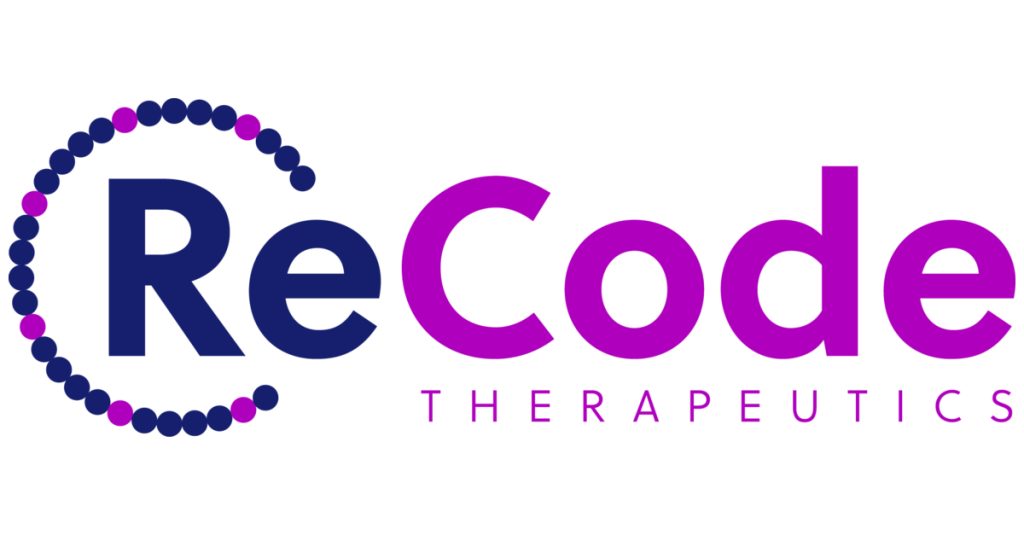ReCode Therapeutics, a Menlo Park, CA-based clinical-stage genetic medicines company using precision delivery mRNA and gene correction therapeutics, closed an extension to its Series B financing, raising an additional $50m, for a total of $260m.
Backers included new backers Bioluminescence Ventures and Solasta Ventures, and existing investors including OrbiMed Advisors, AyurMaya, an affiliate of Matrix Capital Management, Leaps by Bayer, Vida Ventures, MPM Capital, Pfizer Ventures, EcoR1 Capital, Sanofi Ventures and Amgen Ventures, Osage University Partners (OUP), among others. Kouki Harasaki, Ph.D., founding and managing partner of Bioluminescence Ventures (BLV), joined the company’s board of directors.
The company intends to use the funds to advance its primary ciliary dyskinesia and cystic fibrosis clinical development programs and to expand its proprietary Selective Organ Targeting (SORT) lipid nanoparticle (LNP) pipeline to include mRNA and gene correction therapeutics for central nervous system, lung, liver and musculoskeletal indications.
Led by Shehnaaz Suliman, M.D., MBA, M.Phil., chief executive officer, ReCode Therapeutics is a clinical-stage genetic medicines company using precision delivery to power mRNA and gene correction therapeutics. Its Selective Organ Targeting (SORT) lipid nanoparticle (LNP) platform enables precise and targeted delivery of genetic medicines directly to the organs and cells implicated in disease, enabling improved efficacy and potency. Its lead programs include RCT1100 for the treatment of primary ciliary dyskinesia caused by pathogenic mutations in the DNAI1 gene, and RCT2100 for the treatment of the 10-13 percent of cystic fibrosis patients who have Class I mutations in the CFTR gene and do not respond to currently approved CFTR modulators. RCT1100 and RCT2100 are inhaled disease-modifying mRNA-based therapies formulated using the SORT LNP delivery platform. ReCode is expanding its pipeline to develop potential therapies for other rare and common genetic diseases including musculoskeletal, central nervous system, liver and infectious disease indications.
FinSMEs
19/09/2023

